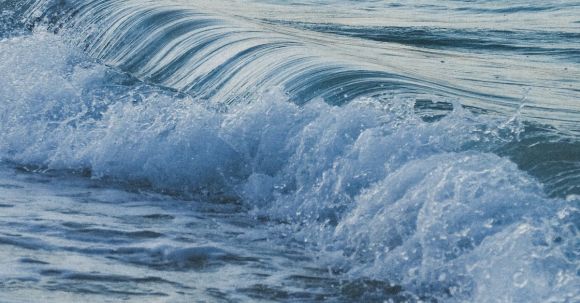Introduction: The Urgent Need for Action
Oceans cover more than 70% of our planet’s surface and are home to a vast array of marine life. Unfortunately, our oceans are facing a grave threat – pollution. From plastic waste to chemical runoff, the health of our oceans is deteriorating rapidly. However, there is hope. By implementing effective solutions to combat ocean pollution, we can work towards cleaner and healthier oceans for future generations.
1. Raising Awareness and Education
One of the first steps in fighting ocean pollution is raising awareness and educating the public about its devastating effects. Through educational campaigns, we can inform people about the impact of their everyday actions on the ocean ecosystem. From reducing single-use plastics to adopting sustainable fishing practices, individuals can play a crucial role in preserving the health of our oceans.
2. Improving Waste Management Systems
Inadequate waste management is a major contributor to ocean pollution. To address this issue, governments and communities must invest in efficient waste management systems. This includes expanding recycling programs, promoting composting, and implementing stricter regulations on waste disposal. By effectively managing and reducing waste, we can prevent it from reaching our oceans in the first place.
3. Investing in Innovative Technology
Innovative technology can be a game-changer in the fight against ocean pollution. For instance, the development of advanced filtration systems can help remove harmful substances from wastewater before it is discharged into the ocean. Additionally, investing in research and development of biodegradable materials can help replace single-use plastics and reduce the amount of plastic waste entering our oceans.
4. Implementing International Agreements
Ocean pollution is a global problem that requires global solutions. International agreements, such as the United Nations’ Sustainable Development Goal 14, aim to address ocean pollution and promote sustainable use of marine resources. By working together, countries can share best practices, coordinate efforts, and enforce regulations to effectively combat ocean pollution on a global scale.
5. Supporting Clean Energy Sources
The production and use of fossil fuels contribute significantly to ocean pollution. Oil spills and emissions from fossil fuel-powered ships and industries have harmful effects on marine life. Transitioning to clean energy sources, such as wind and solar power, can significantly reduce pollution and protect our oceans. Supporting renewable energy initiatives and reducing dependence on fossil fuels is vital in the fight against ocean pollution.
6. Promoting Sustainable Fishing Practices
Overfishing and destructive fishing practices are major contributors to the degradation of marine ecosystems. Implementing sustainable fishing practices, such as setting catch limits and using selective fishing gear, can help protect vulnerable species and maintain the balance of marine ecosystems. By promoting sustainable fishing practices, we can ensure the long-term health and productivity of our oceans.
Conclusion: A Collective Effort for Cleaner Oceans
Fighting ocean pollution requires a collective effort from individuals, communities, governments, and international organizations. By raising awareness, improving waste management systems, investing in innovative technology, implementing international agreements, supporting clean energy sources, and promoting sustainable fishing practices, we can make a significant difference in preserving the health of our oceans. It is crucial that we take action now to ensure cleaner and healthier oceans for future generations. Together, we can fight ocean pollution and create a sustainable future for our planet.
